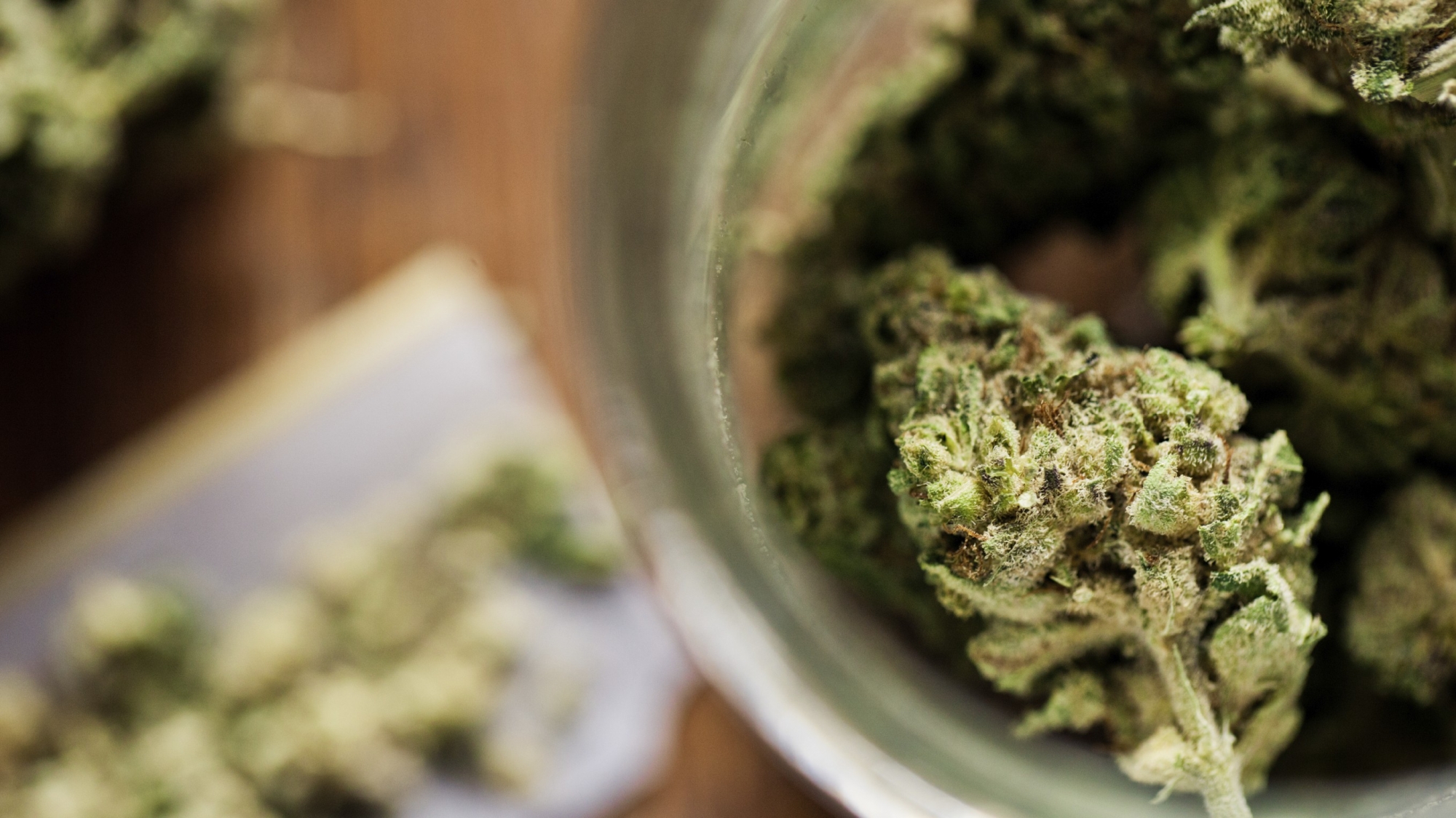Workplaces and weed: what to do next

No one would accuse the Pallister government of being soft on drugs. It has repeatedly lobbied its federal counterpart to push back the deadline for the upcoming legalization of marijuana. It has also found reasons to reject recommendations to establish safe-consumption sites in Winnipeg for the city’s growing number of people addicted to harder drugs, including opiates.
But like it or not — and, philosophically, the Pallister government clearly does not — cannabis will soon be legal, likely by the end of this summer or early autumn.
To its credit, Manitoba’s government seems to have accepted the inevitable and started thinking ahead, drafting a policy to govern cannabis use among its civil servants. If other employers, both public and private, are not drafting similar policies, they should be. The criminalization that supposedly restricted cannabis use in the workplace is about to be lifted, a change that will create some unique workplace dilemmas.
The province’s work on the issue is evident in a five-page draft policy from Manitoba’s civil service commission that was leaked to The Canadian Press.
For example, the draft policy mentions staff functions such as Christmas parties, where alcohol consumption is traditionally allowed. Will staff at work-related social functions be allowed to openly use cannabis? The draft policy for the province’s civil service says no.
The draft policy also posits different rules for storing alcoholic beverages and cannabis at work for later consumption on the employee’s free time. For example, an employee on her lunch break who buys a bottle of wine can store the unopened bottle at her desk, but she won’t be allowed to bring into the office the marijuana buds she legally purchased for use on her own time. And that’s only the beginning of questions all Manitoba employers will face.
Overt smoking of cannabis at the workplace can be neatly banned under the tobacco-smoking restrictions that already exist. But what about cannabis edibles? While it will be illegal for cannabis stores to sell edibles in Manitoba, cannabis cookies are easily made by anyone with access to an oven: can employees bring cannabis cookies to work or to “pot luck” workplace functions?
What about executives who have expense accounts on which they “wine and dine” important clients? If the client prefers weed to wine, can the company representative vape with the VIP and write off the reefer?
If the Manitoba government finds itself confounded by workplace policies around cannabis, it’s not alone.
The Canadian Human Resources Professionals Association surveyed more than 700 of its members in January and found a full 71 per cent of employers were not prepared for the legalization of cannabis.
A report titled Clearing the Haze: The Impacts of Marijuana in the Workplace recommends government sets a clear legal definition of “impairment” and the grounds under which an employee can be drug-tested. This remains a serious debate for employers, as cannabis chemicals remain in the bloodstream and employees who use the drug only after clocking out could fail a drug test even if they’re not under the influence at work.
The report also says provincial governments should co-ordinate recreational marijuana regulations as much as possible, so employers with a national workforce can easily adhere to the policies.
It’s incumbent on both employees and employers to be responsible about cannabis. For employers, this includes giving workers a clear cannabis-use policy before the drug becomes legal.
Workers have a right to know specifically what is, and isn’t, allowed at their office, plant and job site. If workplaces don’t yet have clear policies, the employers should get to work, and put in the overtime if necessary.
420 Intel is Your Source for Marijuana News
420 Intel Canada is your leading news source for the Canadian cannabis industry. Get the latest updates on Canadian cannabis stocks and developments on how Canada continues to be a major player in the worldwide recreational and medical cannabis industry.
420 Intel Canada is the Canadian Industry news outlet that will keep you updated on how these Canadian developments in recreational and medical marijuana will impact the country and the world. Our commitment is to bring you the most important cannabis news stories from across Canada every day of the week.
Marijuana industry news is a constant endeavor with new developments each day. For marijuana news across the True North, 420 Intel Canada promises to bring you quality, Canadian, cannabis industry news.
You can get 420 Intel news delivered directly to your inbox by signing up for our daily marijuana news, ensuring you’re always kept up to date on the ever-changing cannabis industry. To stay even better informed about marijuana legalization news follow us on Twitter, Facebook and LinkedIn.




